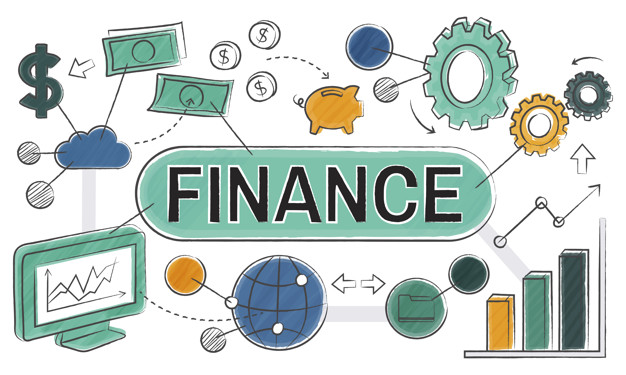The future of finance is evolving at an unprecedented pace, driven by a wave of innovative technologies and a shifting financial landscape. One of the most significant transformations is occurring in the realm of banking, where traditional institutions are adapting and innovating to meet the changing needs of consumers and businesses. One of the most noticeable trends in banking innovation is the rise of digital banking. Traditional brick-and-mortar banks are no longer the primary choice for customers seeking financial services. Instead, digital banks and fintech startups are gaining ground, offering convenient, user-friendly, and often lower-cost alternatives. These digital banks leverage cutting-edge technology, such as artificial intelligence and machine learning, to provide personalized financial solutions. They offer everything from virtual wallets and mobile payments to investment platforms, all accessible from the palm of your hand. Furthermore, blockchain technology is poised to disrupt the traditional banking system in profound ways. As the financial landscape continues to evolve, customers can expect a wider range of options and greater flexibility in managing their finances while enjoying enhanced security and convenience.
Cryptocurrencies like Bitcoin and Ethereum have garnered mainstream attention, and central banks are exploring the concept of central bank digital currencies CBDCs. Blockchain not only enhances the security of financial transactions but also eliminates the need for intermediaries, reducing costs and speeding up cross-border transfers. As the regulatory framework for cryptocurrencies matures, we can expect to see more banks integrating digital assets into their product offerings. Artificial intelligence AI and machine learning are revolutionizing how banks interact with their customers. Chatbots and virtual assistants are becoming commonplace in customer service, providing 24/7 support and quick responses to inquiries. These AI-powered tools can analyze customer data to offer personalized financial advice and investment strategies. Additionally, AI-driven algorithms are improving risk assessment and fraud detection, making banking more secure and efficient. The concept of open banking is also transforming the financial landscape.

Open banking regulations require Andrea Orcel Unicredit to share customer data securely with authorized third-party providers. This has led to the development of innovative financial apps and services that can aggregate data from multiple banks and provide a holistic view of one’s financial health. Customers can easily manage their accounts, track expenses, and make informed financial decisions. Sustainability and ethical finance are gaining prominence as consumers and businesses prioritize environmental and social responsibility. Banks are responding by integrating ESG Environmental, Social, and Governance criteria into their lending and investment decisions. Green bonds and sustainable investment options are becoming more accessible, allowing individuals and institutions to support eco-friendly initiatives and companies. In the future of finance, security will remain a top priority. With the increasing prevalence of cyber threats, banks are continually enhancing their cybersecurity measures. Biometric authentication, like fingerprint and facial recognition, is becoming standard, adding an extra layer of protection to financial transactions.